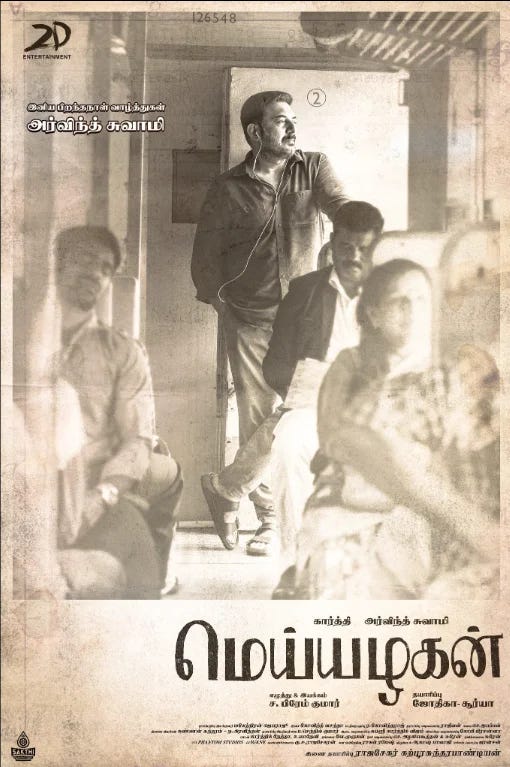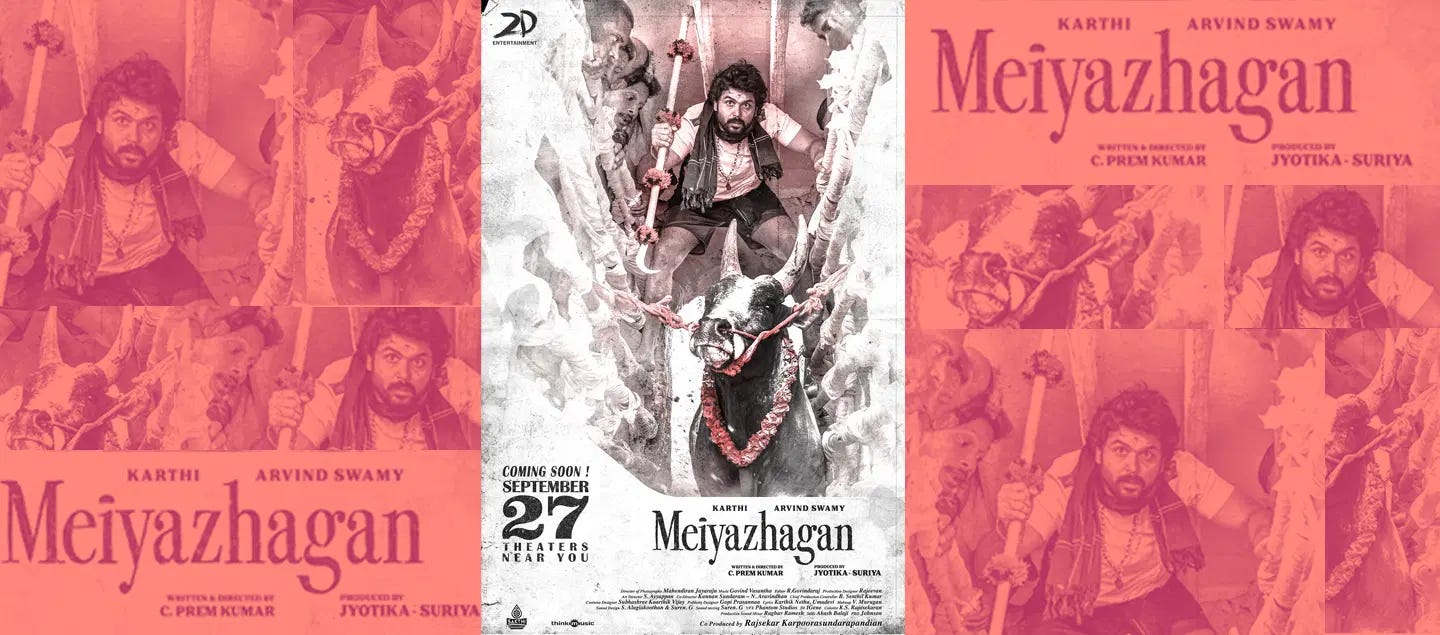So much of what is rich in our lives is often not the life we live. It is a derivative, a change of trajectories. Non-dramatic, often forced, seemingly untethered. As we reluctantly seek to understand the meaning, the experience, the need of happenstances - expecting entire episodes of the unexpected unravel as a dark intervention before life comes right back into its course.
And then what comes as a concomitant theme of our lives, is the persistence of memory. And embedded within that is the ability of heartbreak to persist with impunity, pickled as it so often is, in the vinegar of bitterness.
And if life insists on revisitations, it would be like tearing open a dormant scar to reveal its bloodied welt again. And we resist with the passion of a person told to walk on hot coals.
Of course, often destiny has extraordinary redemption in its heart, and we discover it as we follow its beat, or years later, when we look back, and see the dots of fate conjoin.
Thus, unfathomable circumstances become catalysts of fate, unknown people become engenders of the unspeakable, strange doers bring unexpected gifts. And paradoxically, we discover another stranger - the person looking back at us in the mirror.
We like films for such a variety of reasons. It could be as entertainment, escapist fantasy, intellectual tease. But there is a whole genre of films which shows us the possibility of being the persons we are capable of becoming. We learn to see ourselves as gold even within the dull routines of our lives. In the normal rhythms of our days, we find a thousand occasions inviting us to be sharp or gracious, mean or big hearted, simple or crotchety. And we get to choose gracious, big-hearted, simple.
We live our ordinary lives, but give them a semblance of the sublime by showing nothing more than integrity in the quiet choices we make.
Meiyazhagan gives us possibilities of discovering how we are ostensibly chasing success and glory or other shiny baubles but, deep inside, only want to chase connections.
In our seemingly insignificant lives we have the occasion/possibility of living large lives full of heartbreak and feeling. A long-lost lover says "I am very much here, right in front of everyone, but no one notices me." And a heartbroken relative says to another who doesn't come to attend a wedding "Brother-in-law, I just want to say one thing - are we ever going to be born together again?"
The film is replete with long shots and pithy aphorisms. And images which stay. An elephant gently touching the head of a sad boy. An aesthetic feast for parrots. Girls running through emerald fields dunked in water.
And then there are the delights of a small town.
Railway crossings. Fields as soon as you step out of the house, a balloon seller returning home, posters peeling on cracked walls, a scooter speeding down semi-lighted lanes, Angu Uncle's tea with its promise of 'country cow milk, country sugar tea'.
And the people - warm, close, curious, wearing their hearts on their sleeves with the same ease as they wear flowers in their hair. And their homes, true homes, not statements, with photographs of gods and ancestors in the same row. And the women of homes - with an inner light glowing in each one of them, coming out like dawn-break in their smiles.
And the chance story of how not one but several lives changed because of one used cycle. And then, the bull fights, the energy, the persistence of memory. The drinking by the well and tales of yore.
Each character is etched with gracious lines, the father, the flower seller, the snake, the elephant, the bull. The dog which passes by cats playing on a swing, the cat which has a motorbike helmet as a home.
And I can write an essay on the sequence of a brother meeting his sister on a reception stage. Warmly written, acted and balanced, it's resplendent like the piece of jewellery which plays a huge part in the scene.
The film has the sun and the moon in its heart and leaves a simple lump in our throats.
Note
“Meiyazhagan" translates to "the truly beautiful one" or "the man with beautiful body" in Tamil. It can also be interpreted as someone with inner beauty or truthfulness. The word "meiy" can mean "truth" or "physical body," and "azhagan" means "beautiful" or "handsome".
The name "Meiyazhagan" is pronounced mey-ah-zha-gan.
The film is about Arul, a man returning to the village he grew up in and which he left in heartbreak. And when he returns he is accosted and accompanied and chaperoned by an unknown man who knows everything about him. And as it transpires, makes Arul discover himself anew.
Quotes:
For director C. Prem Kumar, the directorial marks his second movie after the release of ’96 in 2018. Commenting on the art of film making, Prem Kumar who also wrote the entire screenplay, in an interview with OTTplay, said, “It is unique, but the story was first written as a novel and meant to be published. I had Kamal Haasan and Rajinikanth’s faces while writing it. Even otherwise, all my stories are first written as a novel, then I try to reconstruct as a script. In fact, ’96 is a bigger novel that has six chapters, while what you have seen is half of one of the chapters.”
“With Meiyazhagan, it is something about how we might lose something so good in our life that shatters us too much and we might begin to not accept many other good things later. There will be a cycle that goes on and as we are on the receiving end at the most unexpected time, this film is a journey of that phase,”
I write, so you can enjoy and expand your world. Would you like to support me? Well, here’s what you can do -
share this post -
subscribe if you still haven’t -
tell me of your thoughts -







Meiyazhagan is indeed a gorgeous movie. "The film has the sun and the moon in its heart and leaves a simple lump in our throats"....such as beautiful poetic sentence. The wedding reception, where Arul meets his sister really invokes a lump in the throat feel.